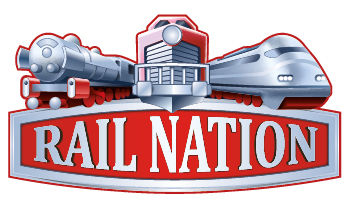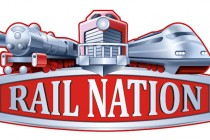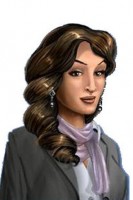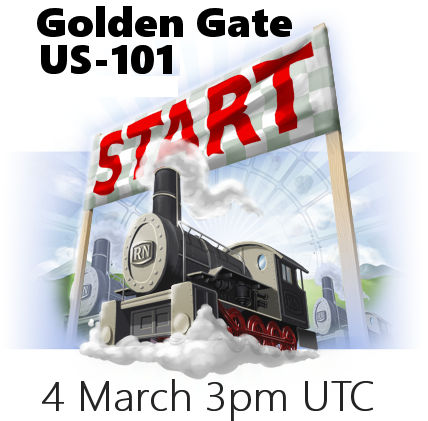As cities on the map grow to the next level in the second era, new industries will become available.

The original selection of goods from the first era continues in addition to a further 8 goods as shown above.

Let’s Talk Wagons:
Simply owning engines is not enough to haul goods – you must also have the specific wagons available for each good you want to transport. Yes, wagons cost money…. you may need to keep reminding yourself that you have to spend money in order to make money.

Meat wagons cost $25,000 each

Textiles wagons cost $25,000 each

Pastries wagons cost $27,500 each

Paper wagons cost $25,000 each

Hardware wagons cost $30,000 each

Flour wagons cost $17,500 each

Copper Ore wagons cost $25,000 each

Quartz wagons cost $30,000 each
Remember, we’re talking about prices for each wagon here so by the time you stock a full complement of engines, it’s not a small chunk of change.
Wagons can be sold for 70% of their purchase price, but this option should be reserved for absolute desperation only. You will require era 1 and 2 wagons – and a lot of them – all the way into the end game.
Supplies:
Many of the new goods require the supply of other items in order to produce; often these are goods from the first era.

Meat: accepts Cattle 
 Textiles: accepts Thread
Textiles: accepts Thread 
 Pastries: accepts Flour
Pastries: accepts Flour  and Paper
and Paper 
 Paper: accepts Wood
Paper: accepts Wood 
 Hardware: accepts Coal
Hardware: accepts Coal  and Iron
and Iron 
 Flour: accepts Grain
Flour: accepts Grain 
We can see that pastries and paper both require supply from era 1 as well as being needed for the supply chain of other era 2 goods. So, if you are hauling paper to pastries, you might first need to consider the supply of wood to paper.
Copper Ore and Quartz are raw materials, that do not require a supply in order to produce.
Fully integrated routes should look something like this:
A fully integrated route begins its schedule at the very start of the supply chain. In the example above, we are delivering leather to the city. Leather requires cattle but cattle also has a requirement; it needs grain. Our fully integrated route would first stop at grain, then cattle, then leather and conclude by delivering the finished leather product to the city.










Speak Your Mind